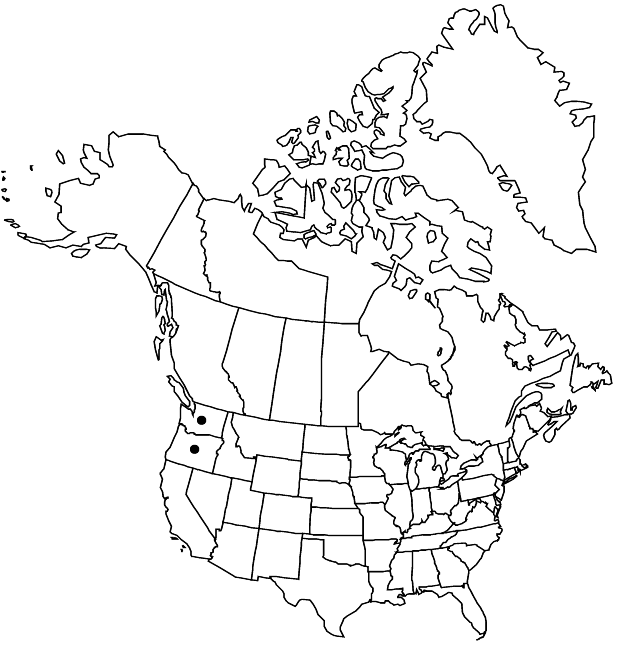Difference between revisions of "Sullivantia oregana"
Proc. Amer. Acad. Arts 14: 292. 1879,.
FNA>Volume Importer |
imported>Volume Importer |
||
| Line 5: | Line 5: | ||
|title=Proc. Amer. Acad. Arts | |title=Proc. Amer. Acad. Arts | ||
|place=14: 292. 1879, | |place=14: 292. 1879, | ||
| + | }} | ||
| + | |special_status={{Treatment/ID/Special_status | ||
| + | |code=E | ||
| + | |label=Endemic | ||
}} | }} | ||
|basionyms= | |basionyms= | ||
| Line 43: | Line 47: | ||
|publication title=Proc. Amer. Acad. Arts | |publication title=Proc. Amer. Acad. Arts | ||
|publication year= | |publication year= | ||
| − | |special status= | + | |special status=Endemic |
| − | |source xml=https:// | + | |source xml=https://bibilujan@bitbucket.org/aafc-mbb/fna-data-curation.git/src/bb6b7e3a7de7d3b7888a1ad48c7fd8f5c722d8d6/coarse_grained_fna_xml/V8/V8_243.xml |
|genus=Sullivantia | |genus=Sullivantia | ||
|species=Sullivantia oregana | |species=Sullivantia oregana | ||
Revision as of 00:09, 28 May 2020
Plants stoloniferous. Flowering stems erect, 5–45 cm. Leaves: blade 1–12 cm wide, 1–2 times toothed, 7–11-lobed for 1/3–1/2 length, lobes cuneate to cuneate-oblong; margins entire or erose with long bristles. Inflorescences erect, primary and higher-order branches perpendicular to central axis. Flowers: hypanthium widely turbinate-campanulate, portion distal to adnation to ovary marked by conspicuous flaring, 1.5–2.5 × 2–4.5 mm, stipitate-glandular proximally; sepals triangular, 0.9–1.5 × 0.8–1.2 mm, broader than long at apex, apex acute; petals unlobed, 1.6–2.5 mm, suborbiculate, abruptly clawed, 1–1.8 mm wide; ovary 4/5+ inferior. Capsules cylindric, 3.8–7.1 × 1.2–2.6 mm, beaks ± spreading. Seeds dark red-brown, 1.1–1.7 × 0.3–0.5 mm, main body (excluding winged margins) 0.8–1 mm. 2n = 14.
Phenology: Flowering May–Jul.
Habitat: Moist, basaltic cliffs, typically near waterfalls
Elevation: 0-400(-1400) m
Discussion
Selected References
None.
